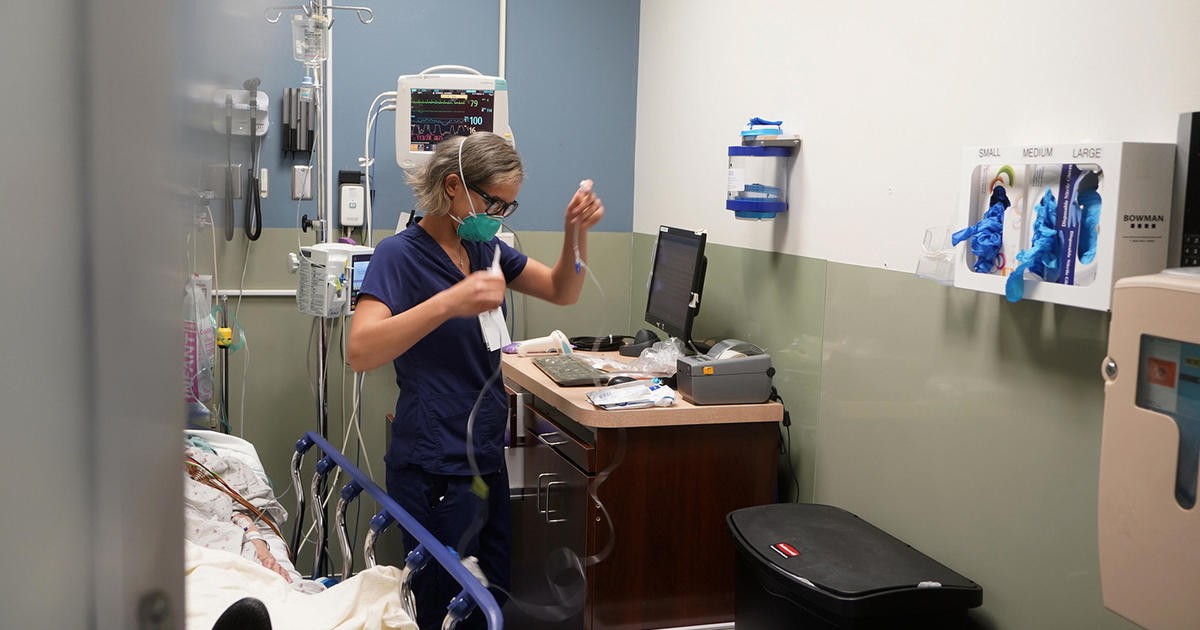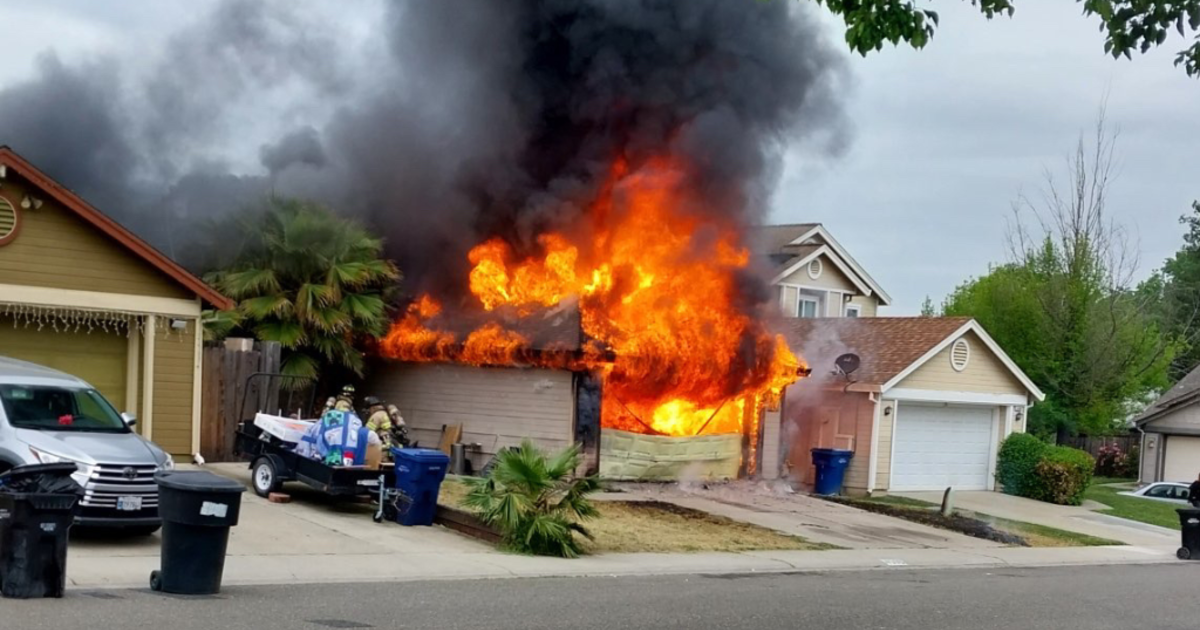Heat wave increasing fire risk by further drying out already parched vegetation
SANTA CLARA -- The vegetation in the hills all throughout the Bay Area was already incredibly parched before the heat wave over the past week dried them out more, further increasing fire risk.
"It's just been getting worse on a daily basis," said Ehsan Talebi, who lives in the Los Altos area.
KPIX 5 met Talebi after a hike at the Rancho San Antonio Preserve, which he says is drier than he's ever seen it before.
"Climate change is upon us. It's really affecting us big time," he said.
Robert Culbertson, a battalion chief with San Jose Fire, says the heat wave increased fire danger by further drying out the vegetation, what some experts are calling a "flash-drying effect." As a result, he says fires that do spark up could be harder to fight.
"This heat wave definitely adds another layer of complexity, another layer of difficulty on top of an already difficult situation," Culbertson said. "You're going to see an increase of the size and scope of fire, and you'll see an increase in the drawdown of fire resources to handle those emergencies. It really is a broad impact across the fire service."
The extreme heat and extreme drying of vegetation helped accelerate the Mosquito Fire burning in the Tahoe National Forest, which has burned over 30,000 acres.
Talebi is keenly aware of the fire danger all around.
"It definitely worries me, for sure," he said. "Maybe not in this very spot, but around us. You know how the fire goes – it doesn't necessarily have to start where you are. It can start from maybe half a mile, a mile away, and then quickly catches up."
He's holding out hope for some rain in the short-term, and some much needed relief in the months to come.
"Just to ease up the dryness a little bit," he said. "I certainly hope this coming fall and winter we can compensate for it."
Culbertson told KPIX 5 it is critical people report smoke or fires as soon as they can. He also stressed the importance of people making sure they're prepared, in the event of an emergency.
"If you live in an area where there is vegetation around, we call it a wildland interface area, is that you get prepared. Prepare a defensible space around your structure," Culbertson said. "We also encourage everybody to have an evacuation plan, so in case of an emergency, you can safely evacuate your loved ones from your home. And no matter where you are in the city or where you're positioned, it's also critically important to have a good communications plan so you can communicate with your loved ones and coordinate your activities in case something happens."




